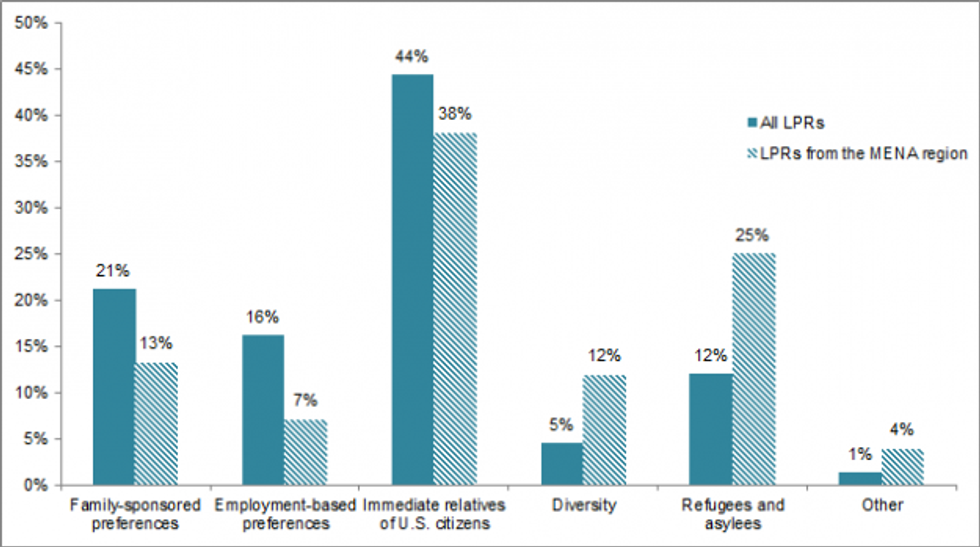If you’ve been following the election recently, you must have heard a million and one things about immigration and the laws that must be implemented to either support or limit immigrants’ journeys to the United States. While both candidates have formulated their policies based on research, neither have experienced firsthand what it is like to move to a new country and start their lives over, leaving homes and families behind.
My family’s experience in moving from Iraq, my birthplace, all the way across the globe to the U.S. has not only greatly influenced our lives and our families’, but they have also shaped our view of the world and connected us to every family that made the difficult decision to relocate to our great nation. The process was not easy, and I’m still in disbelief that my family was blessed with the opportunity to find a new home in the U.S. by getting a visa because at least thousands of others have been denied even the chance to be able to apply.
The process of applying to be an immigrant is nowhere near as simple as one may think. First, there are many pathways for immigrants to gain legal entrance to the U.S., mainly through immediate relatives and as refugees, like my family did. Some examples of organizations and departments that offer asylum to citizens of war-torn countries where their lives are in danger are the U.S. Department of State, the UN, the IOM, and ORAM. In addition, there are multiple reasons that people might move out of their home countries, mainly war, but also due to economic struggles, to be close to their families abroad, or because of discrimination within their countries.
Not to mention, immigration is no walk in the park. In addition to having to pick and choose which parts of their everyday lives to take with them or to leave behind, usually within a short period of about six months or so, arriving to the U.S. does not make their problems disappear. They must go through long and tiring health inspections and immunizations, learn or strengthen their English (while being told to “speak English, you’re in America” frequently), find jobs and register their children in schools, and more.
My personal experience of what it was like when my family first moved here was not as pleasant as it could have been, especially since we lived in a less diverse city in Florida than where we live now in Virginia, where I first learned what the word “terrorist” meant. However, I am immensely thankful for the fact that my parents worked tirelessly to provide for us during a time where we had next to nothing, as most immigrants do when they start over in a new country, let alone a new continent. Additionally, it’s made me thankful to live in such a vibrantly diverse area and to know how to deal with people who don’t fully understand other cultures or appreciate them.
So the next time we see a politician or anyone group all immigrants within the same category or suggest such extreme measures as blocking off a whole group from trying to provide for their families and escape death through immigration, I hope that we all can look around at all the blessings we have, from a roof over our heads to the latest iPhone in our hands, and compare our lives to those who are desperate to throw away all that they’ve known and worked for in their lives to start a new one here in our nation. I hope that we can sympathize and humanize them, instead of falling for some of the hateful and stereotyping rhetoric that can be thrown around by those in power.




















